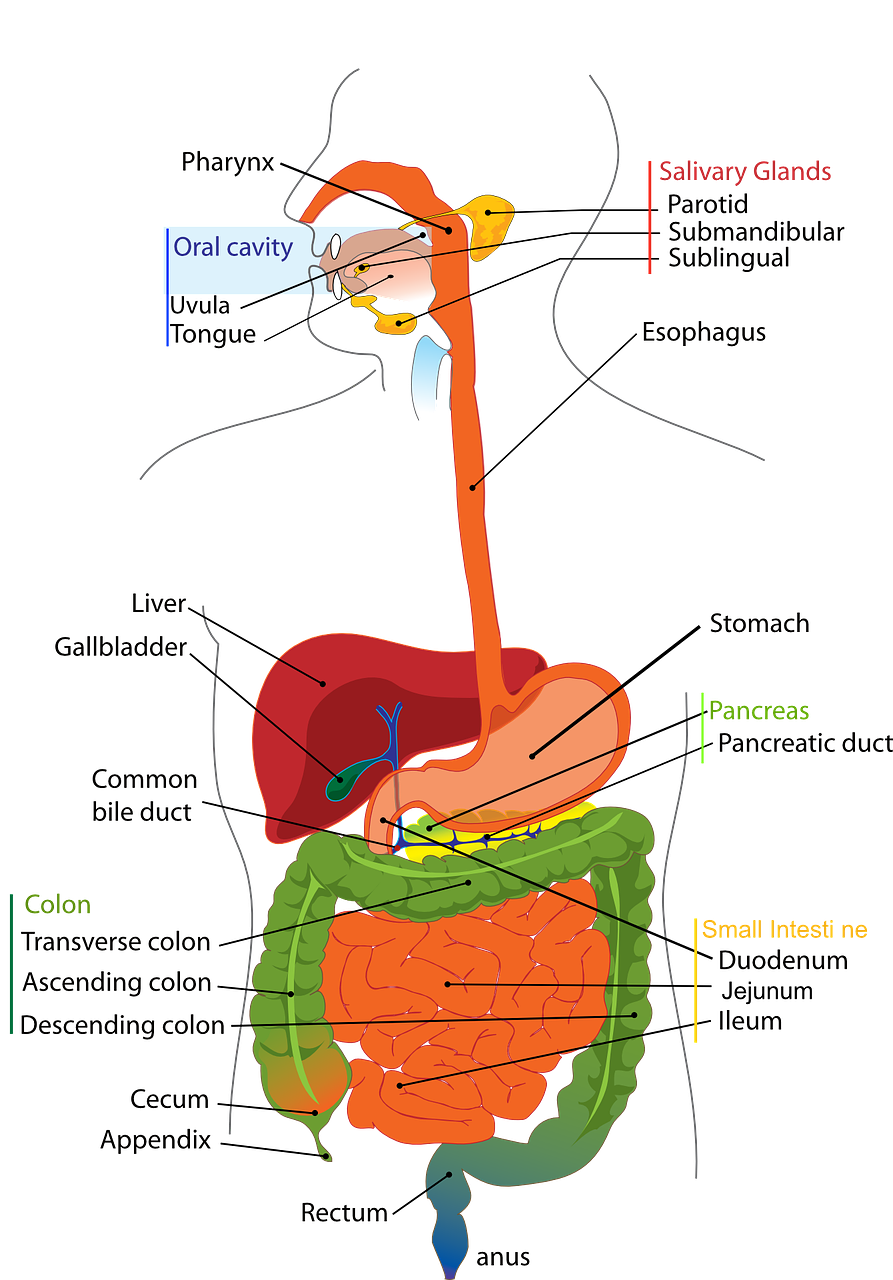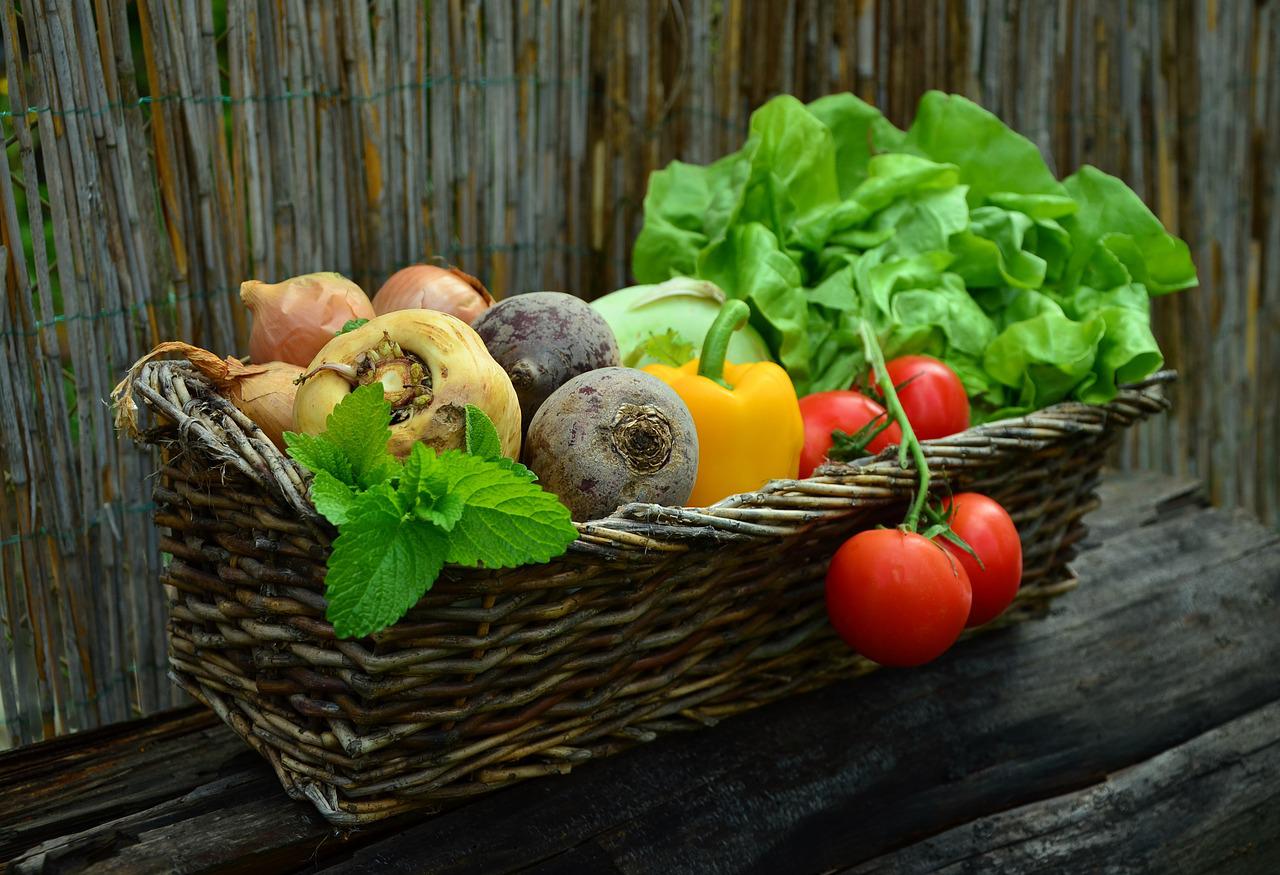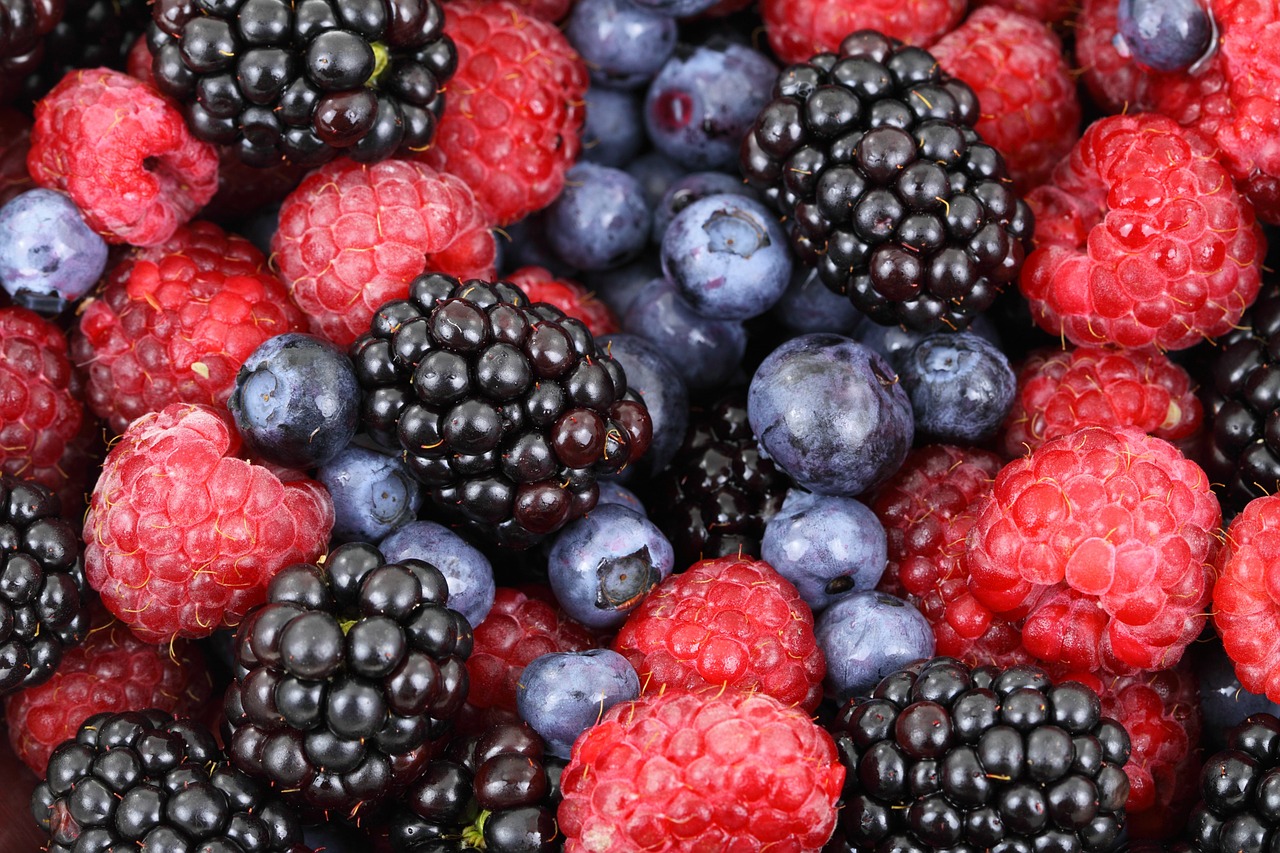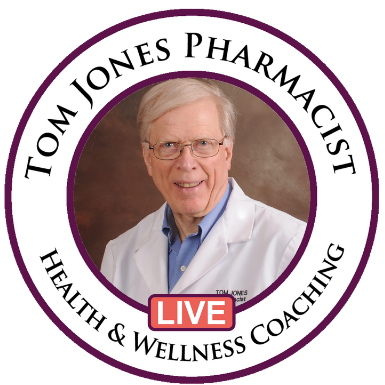
A Quick Guide to Keeping Your Gallbladder Healthy.
You’ve probably heard plenty of advice about how to take care of your heart, but how often do you think about your gallbladder? The tiny little gallbladder rarely makes headlines, but it’s important for your digestion and overall health. The gallbladder's main job is to store bile and add it to the food in your small intestine so your body can break down fats. Most complications arise when cholesterol builds up and creates gallstones that block the duct between the gallbladder and the intestines. Fortunately, caring for your gallbladder is mostly a matter of following the same habits that make up any healthy lifestyle. Find out more in this quick guide to your gallbladder and a healthy you.
Preventing Gallbladder Conditions
1. Limit saturated fat. A diet high in saturated fats puts a heavy burden on your gallbladder, so cut back on fried foods, red meat, and butter.

Unsaturated fats have the opposite effect. Try to get most of your fat calories from sources like olive oil, salmon, and nuts.
2.Increase fiber. Dietary fiber provides many health benefits including lowering the LDL type of cholesterol that can block your intestines, as well as clogging your arteries. Feast on fresh produce and whole grains for a healthy diet and healthy you.
3. Focus on vitamins. In addition to fiber, many fruits and vegetables contain essential micronutrients that help fight gallstones and are healthy. Add more vitamin C and E to your diet with cantaloupe, kiwi, and spinach, as well as almonds and shrimp.
4. Drink up. You’d probably guess that water could help empty your gallbladder, but so can coffee and alcohol. Be sure to use them in moderation to avoid any unwanted effects.
5. Stop for snacks. Intermittent fasting may be safe for many adults but skipping meals can disrupt bile levels if you’re prone to gallstones and therefore not healthy.

You may need to eat on a regular schedule each day to stay healthy.
6.Manage your weight. Being overweight or losing weight too rapidly can also trigger gallstones. Losing 1 to 2 pounds a week is usually a safe goal and is healthy.
7. Stay Active. Regular exercise can help you stay healthy, lean and trim abdominal fat that interferes with digestion. Move more throughout the day and work out for at least 30 minutes most days of the week.
8.Cleanse naturally. Save your money if you see ads for special gallbladder cleanses. They may be harmful, and your body already detoxifies naturally.
TREATING GALLBLADDER CONDITIONS
1.Know your risks. Premenopausal women are at the highest risk for gallbladder conditions due to hormonal factors. Age, genetics, and lifestyle can also increase your risk of not being healthy.
2. Understand the symptoms. More than 80% of gallstones are harmless and require no treatment. If a gallstone starts to block the flow of bile, you may notice symptoms including abdominal discomfort, bloating, vomiting, jaundice and a healthy you.
3. See your doctor. Your doctor can run tests to confirm if you have gallstones. That will usually include blood tests and an abdominal ultrasound. If your symptoms are mild, they may be manageable with a low-fat diet.
4.Consider surgery. More serious complications are likely to require surgery to remove your gallbladder. This cholecystectomy procedure can often be done laparoscopically with only a single night hospital stay and one week to recover. You can live without a gallbladder as bile will move from your liver to your intestines without being stored anywhere in between.
5. Take medication. The drugs currently available to dissolve gallstones can take months to produce results. Research continues, but surgery is the more common option for now. More than 25 million adults in the U. S. experience gallstones but changing your diet and other lifestyle habits can reduce your risks. Avoid gallbladder attacks by cutting back on saturated fat, eating more fiber, and exercising regularly.
 Add Row
Add Row  Add
Add 




Write A Comment